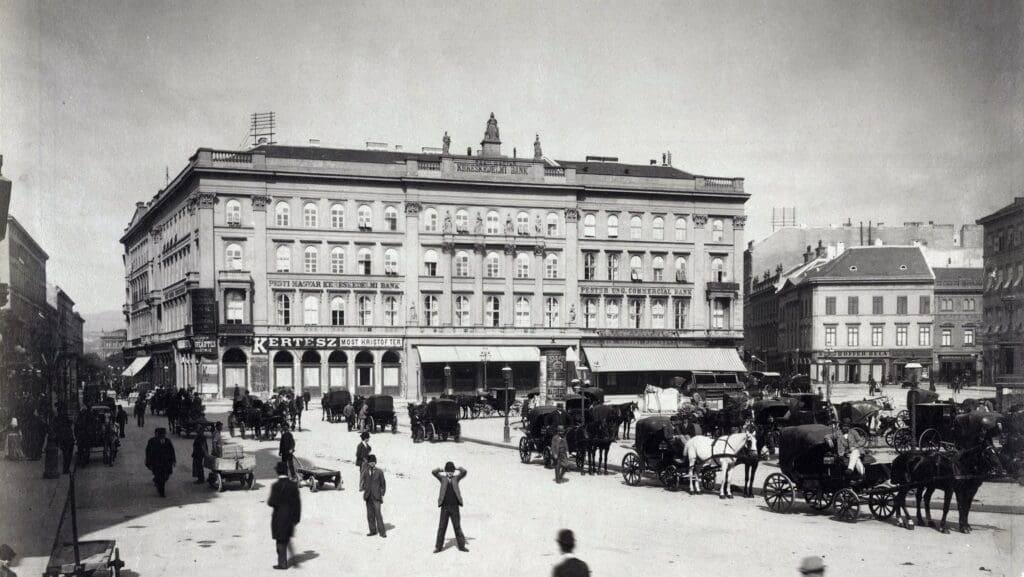
Regardless of the season or century, the Gerbeaud House has always been one of the gems of the capital’s city centre. Both the beauty of the late Art Nouveau building and the Gerbeaud Café on the edifice’s ground floor attract tourists and sweet-toothed visitors to this day.
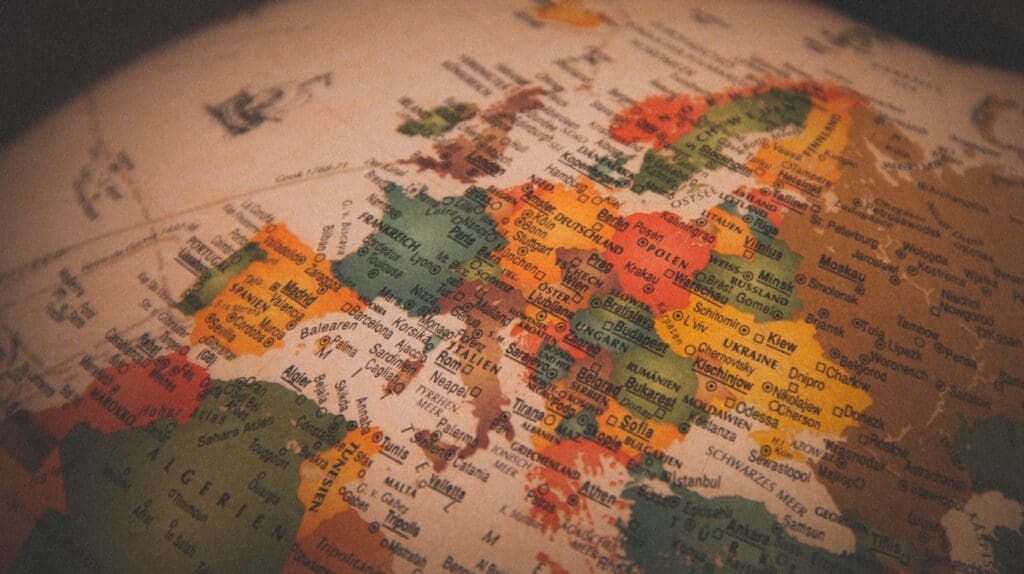
One of the EU’s appeals is its ability to integrate economic regions in its immediate neighbourhood, where it can reap mutual benefits. This is also true for the candidate countries of the Western Balkans, whose future membership has geopolitical and security policy benefits in addition to economic advantages.
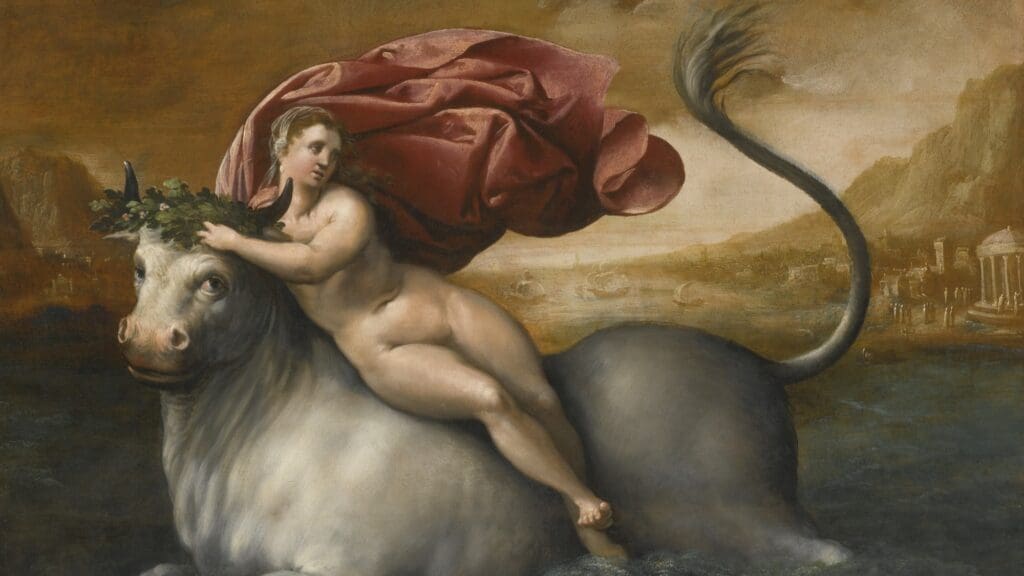
‘Europe’s most powerful nation is now led, without exaggeration, by political extremists. The heads of the other large nations, France and Britain, are all cynical, complacent, and indifferent to the problems of their citizens to a degree not seen here since the French Revolution.
It is an interesting situation for us. So far, we have been the ones always divided up: by the Ottomans, Habsburgs, Germans, and French. Now they are the ones being sliced up and bid on by the hungry peoples of the Third World and the coldly calculating networks of people smugglers.’
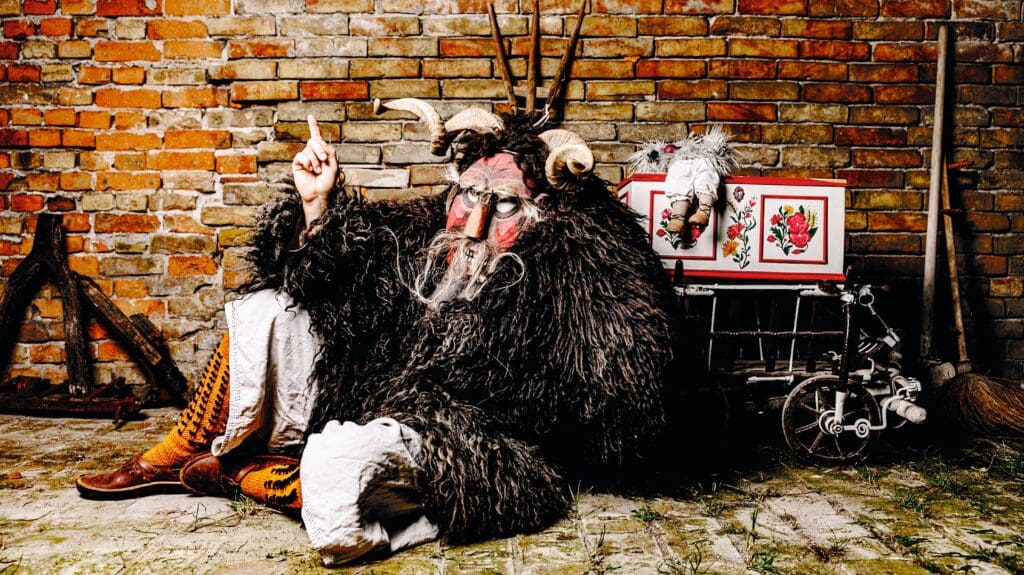
‘When we put on the costume and the mask, we are busós, not men. A busó without a mask, even if he is wearing a cowbell, traditional trousers, or a haversack, is not a real busó, but a clown showing himself off to tourists.’ A Magyar Krónika report about four masks, four characters, and four different stories, linked forever by the same city and passion!
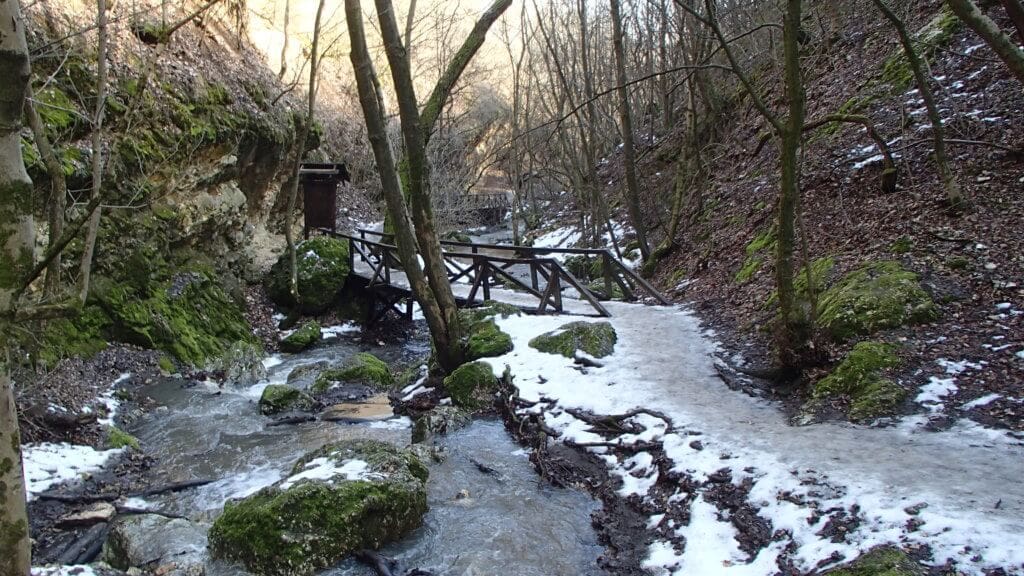
Hármashatár Hill, Camel Rock, Iron Gates, Lad’s Cave and Epöl Rocks: all wonderful hiking destinations that can be easily reached if you are based in the Hungarian capital.

On the last day of Carnival, we share the thoughts of education scientist Mária Bajzáth, founder of a pedagogical storytelling workshop, on the role of masks, the magic of tales, and the community-building and community-preserving power of the festival.
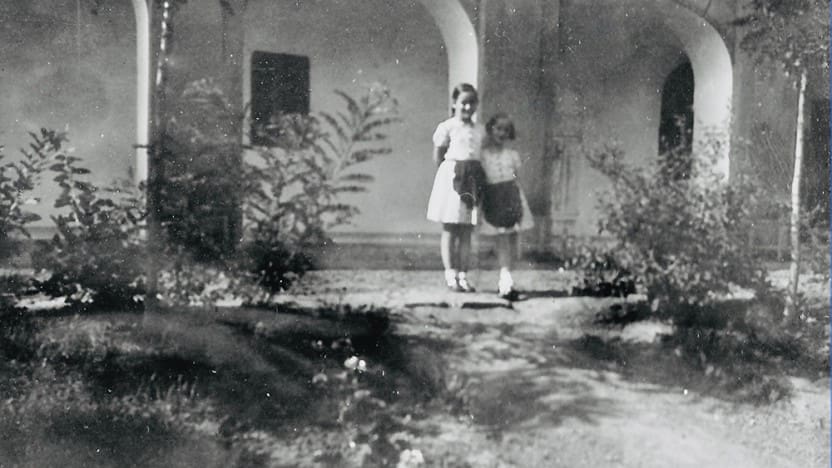
Here in Hungary, few people know the name of Baroness Éva Kohner, but in professional circles, she is well known, as her work, particularly her research on the effects of diabetes on the eye, is internationally outstanding.

Despite climate and clean energy transition targets, the current energy crisis has forced many countries to increase coal-based power generation. The question is: can we expect a turn in coal use in the shorter or longer term, and closely related to this, is there any other reason for the rise in coal use for energy than the energy crisis itself?
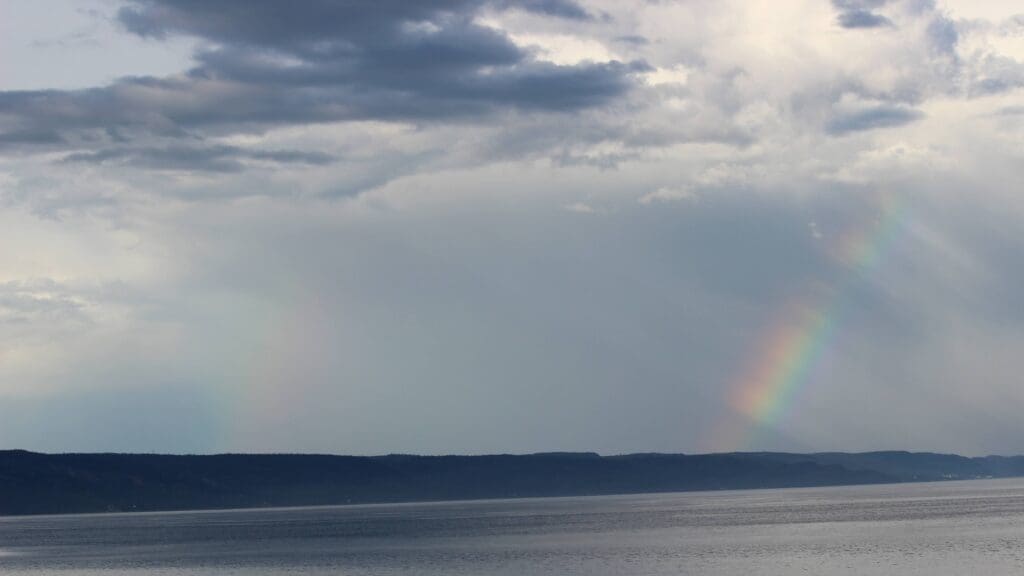
May all penmen remember when they write their next article that the precise use of terms is the alpha and omega of all communication. And those who allow their words to be hijacked will fare ill—and they can only blame themselves.
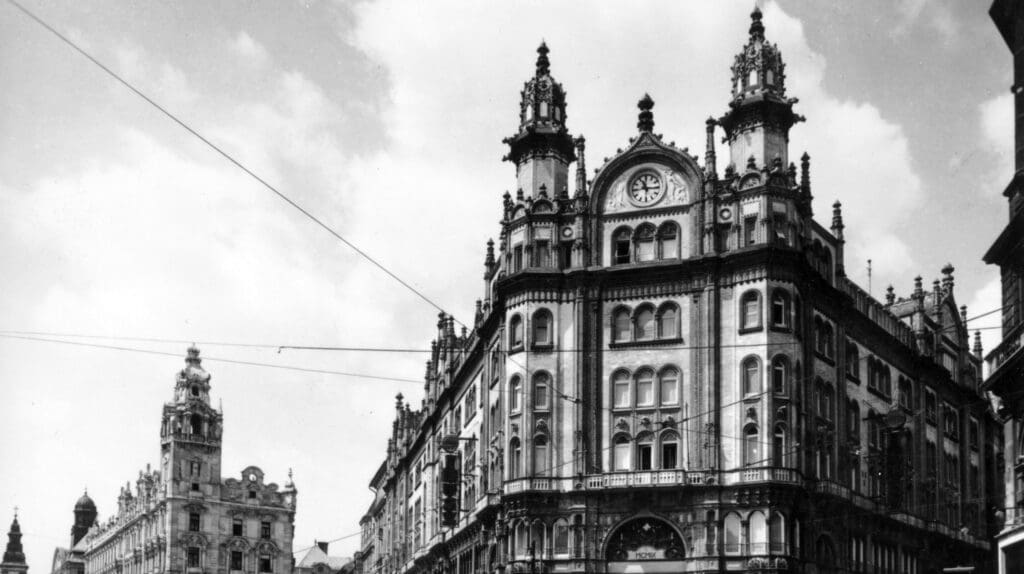
Perhaps the best-known and one of the most beautiful buildings in Ferenciek tere (Square of the Franciscans) in Budapest, the Párisi Passage, has been recently renovated and its original beauty restored. The history of the magnificent edifice dates back to the early 19th century.
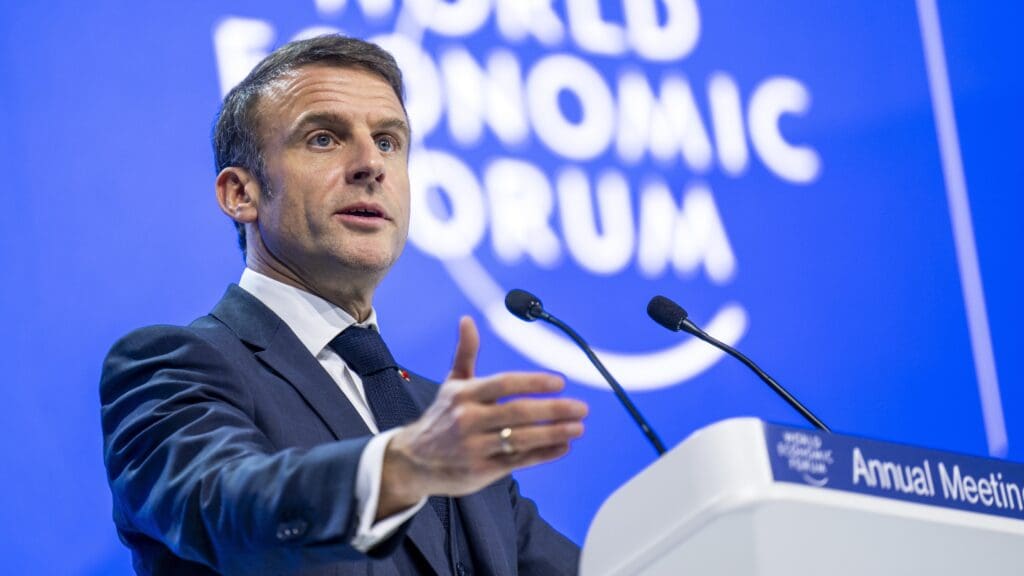
Similarly to the French president, German Vice Chancellor Robert Habeck also spoke sharply in his assessment of Europe’s place and competitiveness. In his view, the progress made in the first decades of the existence of the EU has made Europe complacent, ignoring the pace of development in the US and Asia, as a result of which it is far behind its competitors today.

A brief review of the European policy of the Hungarian Government and of that of the domestic opposition.

‘There is something in our national anthem that makes it mean something important and inexplicable to every Hungarian. The hallmark of great pieces of art is that the reader or listener feels as if they express something very important that they cannot. As if they speak from their heart, expressing their innermost, most sincere desires and dreams. It is this mysterious quality that Hungarians feel when listening to the National Anthem: that it really comes from our hearts, it is our prayer, the prayer of every single Hungarian to the Creator.’
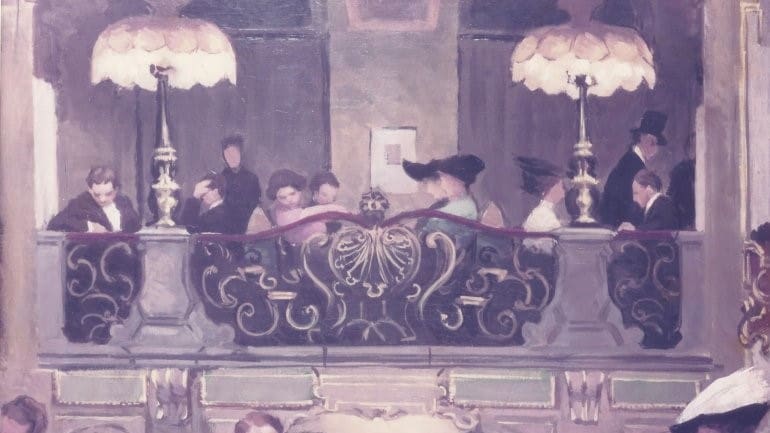
The ‘coffee house cult’ in Hungary started to take off in the 1800s. From that time onwards, they functioned as a community space, the main arena of cultural and political life, and a place where visitors could easily access all the information they needed and wanted.

January is the saddest month of the year for many: the holidays are over, but winter really begins only then—long, cold, and dark days one after the other. Let’s make sure we have something to look forward to in January: Magyar Krónika has collected some great activities to fill our grey days with light and colour.

As for 2024: once we have passed the most difficult and dangerous year, we can move on to the next one, the year of sovereignty protection. We who are interested in Hungary remaining a Hungarian country.

We can say, albeit cautiously, that 2023 was a year of struggle for many of us, but a year of achievements and success, too. If we take the word ‘struggle’ out of the previous sentence, we could even turn this assessment into a New Year’s wish.

In the year 2023, a political mechanism was broken in Hungary: even downturns and runaway inflation could not dramatically alter the balance of political power.
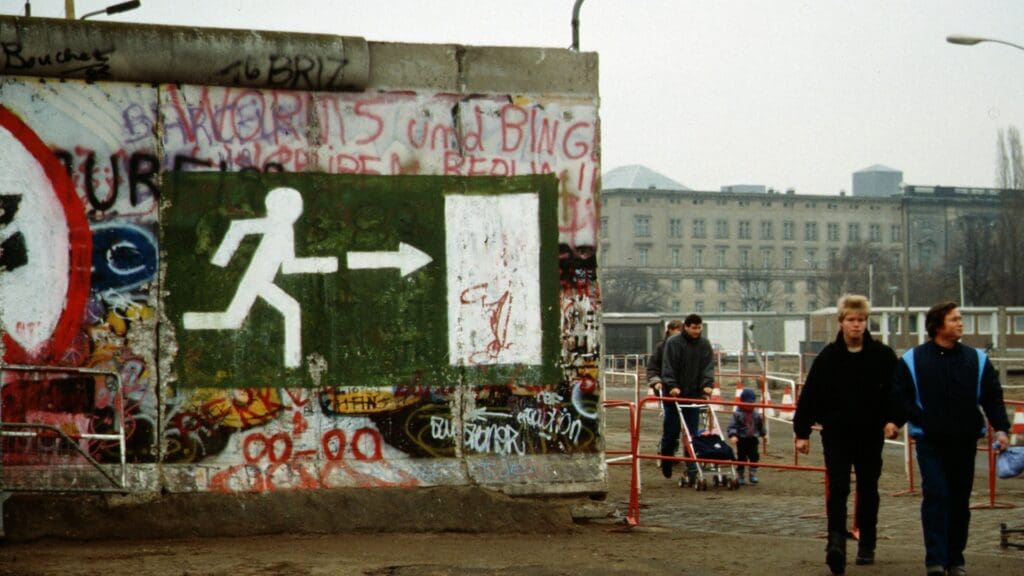
‘It may very well be that in a few decades’ time, it will become clear to all analysts that the US’s rise to being a hegemonic power has carried the seeds of its downfall, too.’

‘It’s a bit overblown, this ‘Hollywood dream’ thing. All you have to do is work hard, that’s the secret. I am one hundred and ten per cent sure that nothing was in vain, and my dreams will come true.’
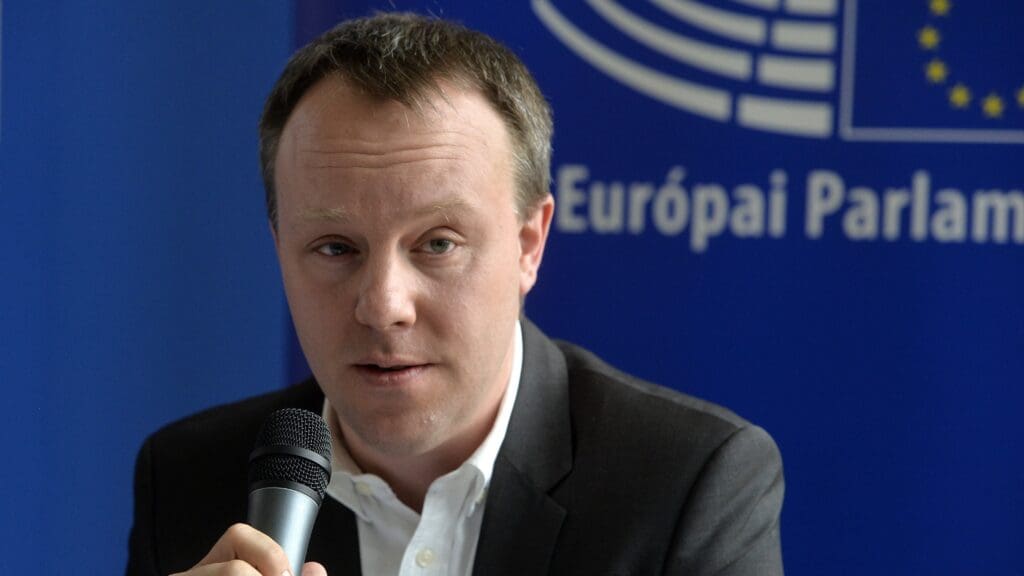
German Green MEP Daniel Freund thought that 23 October was the right time to publish the report on Hungary by the EP’s so-called Supervisory Body. He is proud to have been involved in its preparation, which is a shared pleasure for all of us, as his involvement is a guarantee that the document cannot be taken seriously.
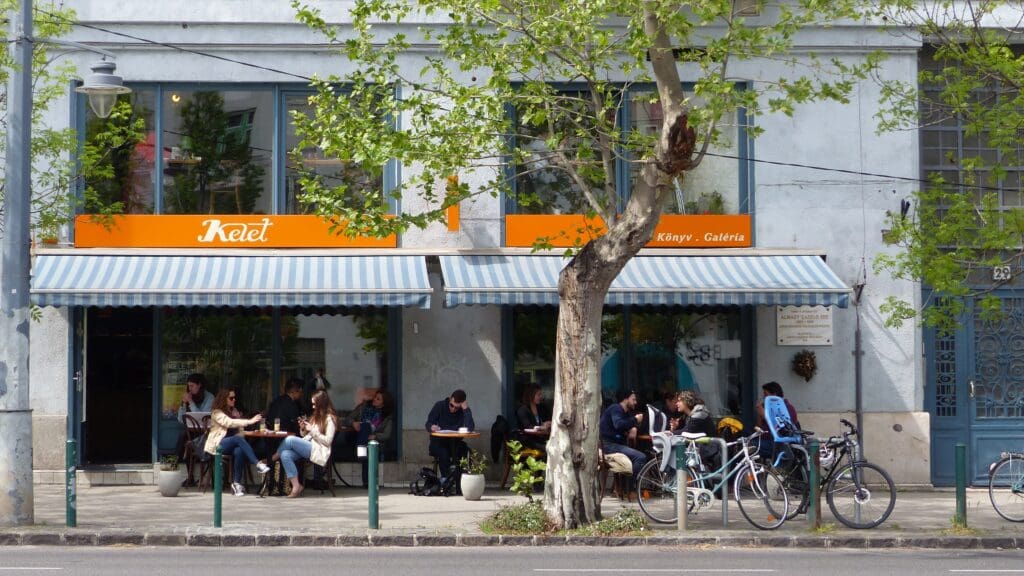
Popular for its oriental gastronomy and classic café atmosphere, this busy spot of the capital has become a real cultic public space over the past years. It is open every day of the year, from morning till night, and is always full of students, writers, actors, journalists, artists, freelancers from the creative professions, and anyone else who wants to be part of one of the most, if not the most, chic meeting places on the bustling Bartók Béla Boulevard.

The EU is suspending aid to the Palestinians with immediate effect following the Israeli attack, and has expressed its solidarity with Israel, underlining its right to defend itself against the violent and indiscriminate attacks, in accordance with international law.

From Cat Catcher to The Witness and Son of Saul, the list of the ten best Hungarian films offered by The Budapester is a subjective, but very convincing one.
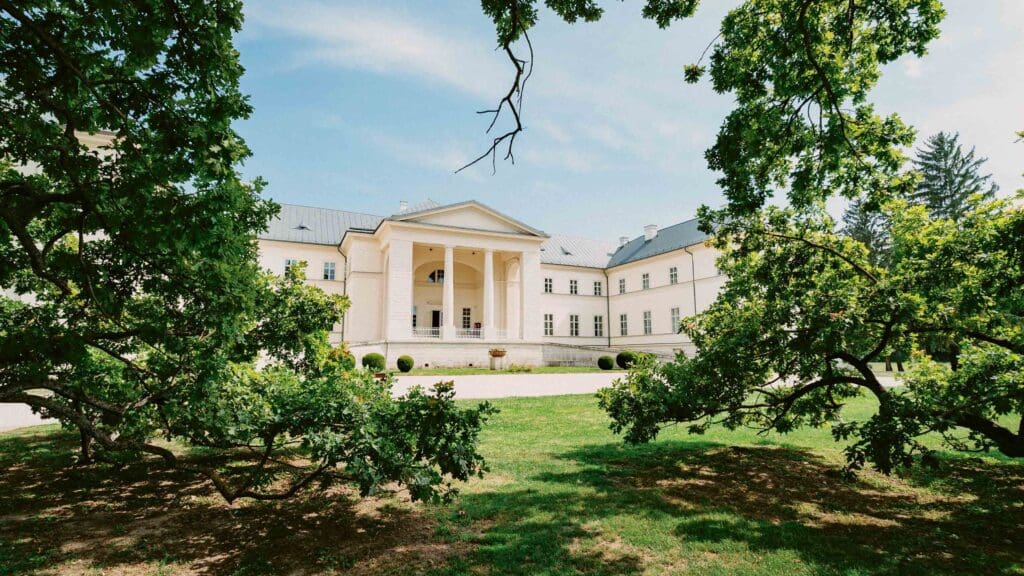
The history of the palace in Dég, Hungary is not only intertwined with that of the Festetics family, but also with Freemasonry in Hungary, as the palace’s builder, Antal Festetics, was the right-hand man of the movement’s Master Chief in the country. Magyar Krónika paid a visit to the newly renovated Festetics Palace in Dég.

The 22.4 percentage point reduction in child poverty between 2014 and 2021 in Hungary, which is also an EU record, is clearly due to employment growth, and primarily to the growth of the employment of women with children.
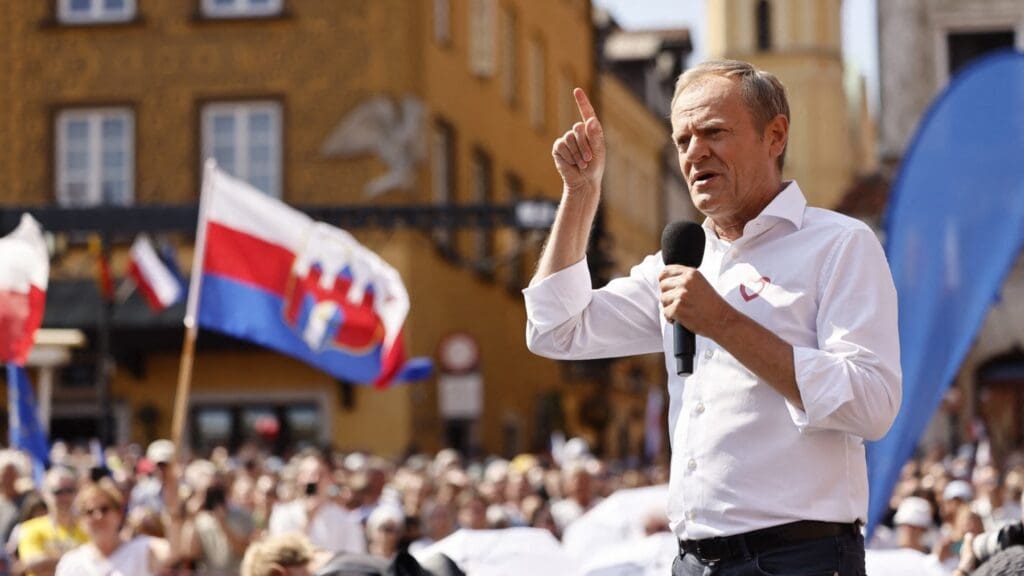
The confetti cannon has been fired and the Polish campaign is officially underway: at the beginning of August, President Andrzej Duda set 15 October as the date for the parliamentary elections, an event that is making not only the Poles but also Hungarians hold their breath.

The next few weeks will show the true situation on the front: success in Ukraine will bring the war closer to its end; failure could result in a stand-off and the conflict dragging on for years.
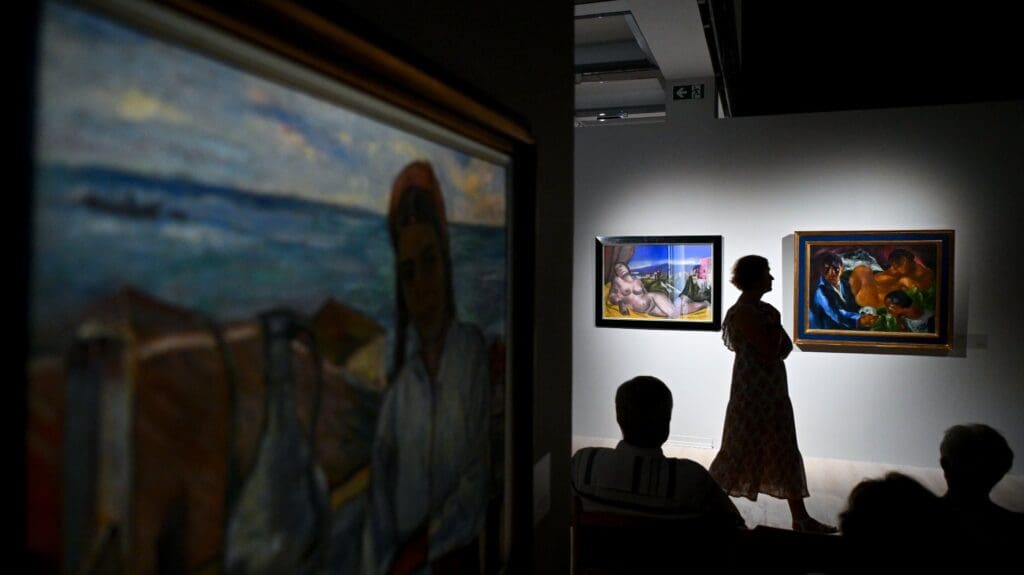
It is not all bad when the weather no longer allows you to spend every minute of your time outdoors anymore—in this article, Magyar Krónika has collected nine great exhibitions that are worth a trip even to the further corners of the country.
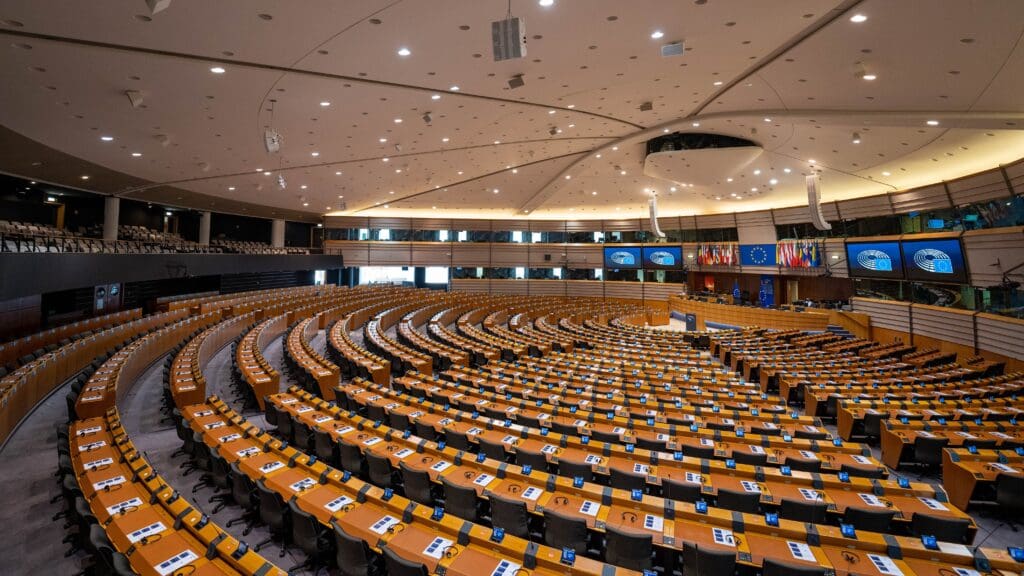
The European Parliament’s new campaign proposal would not only end the foreign affairs veto by amending the EU treaties but would also give the EU more power in the area of the rule of law and migration. As part of that overreach attempt, it would also suspend Hungary’s right to hold the EU presidency.

Hungarian Conservative is a quarterly magazine on contemporary political, philosophical and cultural issues from a conservative perspective.